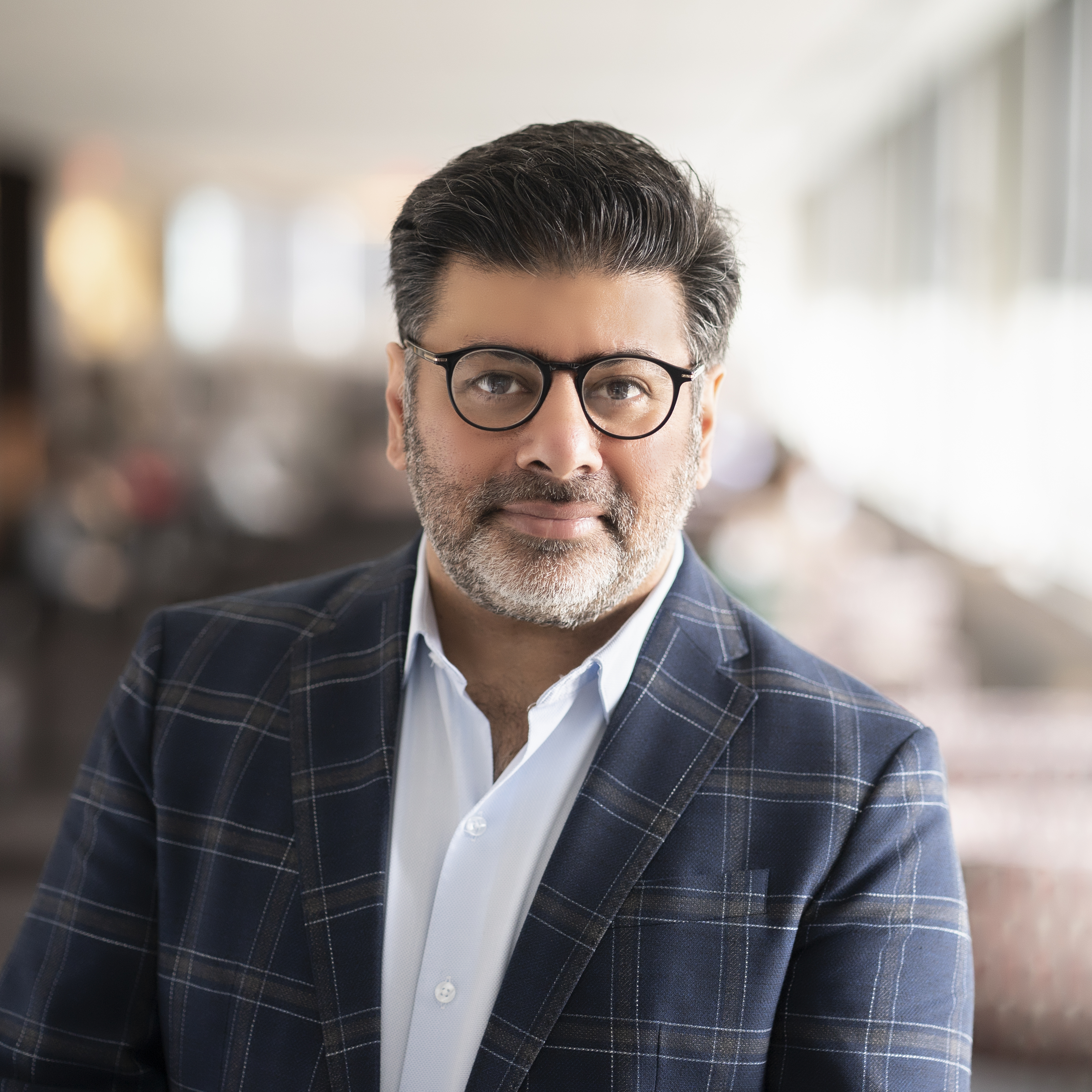
Associate Professor, Department Chair
Bio
Davesh Soneji is Associate Professor in the Department of South Asia Studies at the University of Pennsylvania. He holds a Ph.D. in Religious Studies from McGill University, and his research interests lie at the intersections of social and cultural history, religion, and anthropology. For the past two decades, Prof. Soneji has produced research that focuses primarily on religion and the performing arts in South India, but also includes work on gender, class, caste, and colonialism. He is best known for his work on the social history of professional female artists in Tamil and Telugu-speaking South India and is author of Unfinished Gestures: Devadāsīs, Memory, and Modernity in South India (University of Chicago Press, 2012; Permanent Black, 2012), which was awarded the 2013 Bernard S. Cohn Book Prize from The Association for Asian Studies (AAS). He is also editor of Bharatanāṭyam: A Reader (Oxford University Press, 2010; 2012) and co-editor, with Indira Viswanathan Peterson, of Performing Pasts: Reinventing the Arts in Modern South India (Oxford University Press, 2008). Prof. Soneji has recently held positions as Visiting Professor at the Central University of Hyderabad in India, as well as Le Centre d'Études de l'Inde et de l'Asie du Sud (CEIAS) in Paris. Prior to coming to the University of Pennsylvania, Prof. Soneji taught at McGill University's School of Religious Studies in Montreal, Canada for over twelve years.
Prof. Soneji’s more recent research spans a wide range of subjects related to the history of music in modern South India, including occluded traditions of Tamil Islamic music, Tamil Catholic music, Marathi kīrtan in the Tamil-speaking regions, the music of the Tamil theatre, and transoceanic sonic histories of the Tamil diaspora. Attentive to caste-based hierarchies of taste, Dalit sonicscapes, musical migration, musical dispossession, and the question of “popular Tamil music” as a historical phenomenon, this new work is forthcoming in a monograph titled Unbounded Tunes: Genealogies of Musical Pluralism in Modern South India. He is also presently editing a volume of essays entitled Caste, Community, and the Performing Arts of Modern South India that highlights new work by a group of emerging scholars, and with Anna Morcom, is co-editor of The Routledge Handbook of Indian Music. For the 2023-24 academic year he was Senior Research Scholar at Yale University's Institute for Sacred Music. For the 2025-26 academic year, he has been named an Ivy+ Provost Leadership Fellow.

 South Asia Studies
South Asia Studies